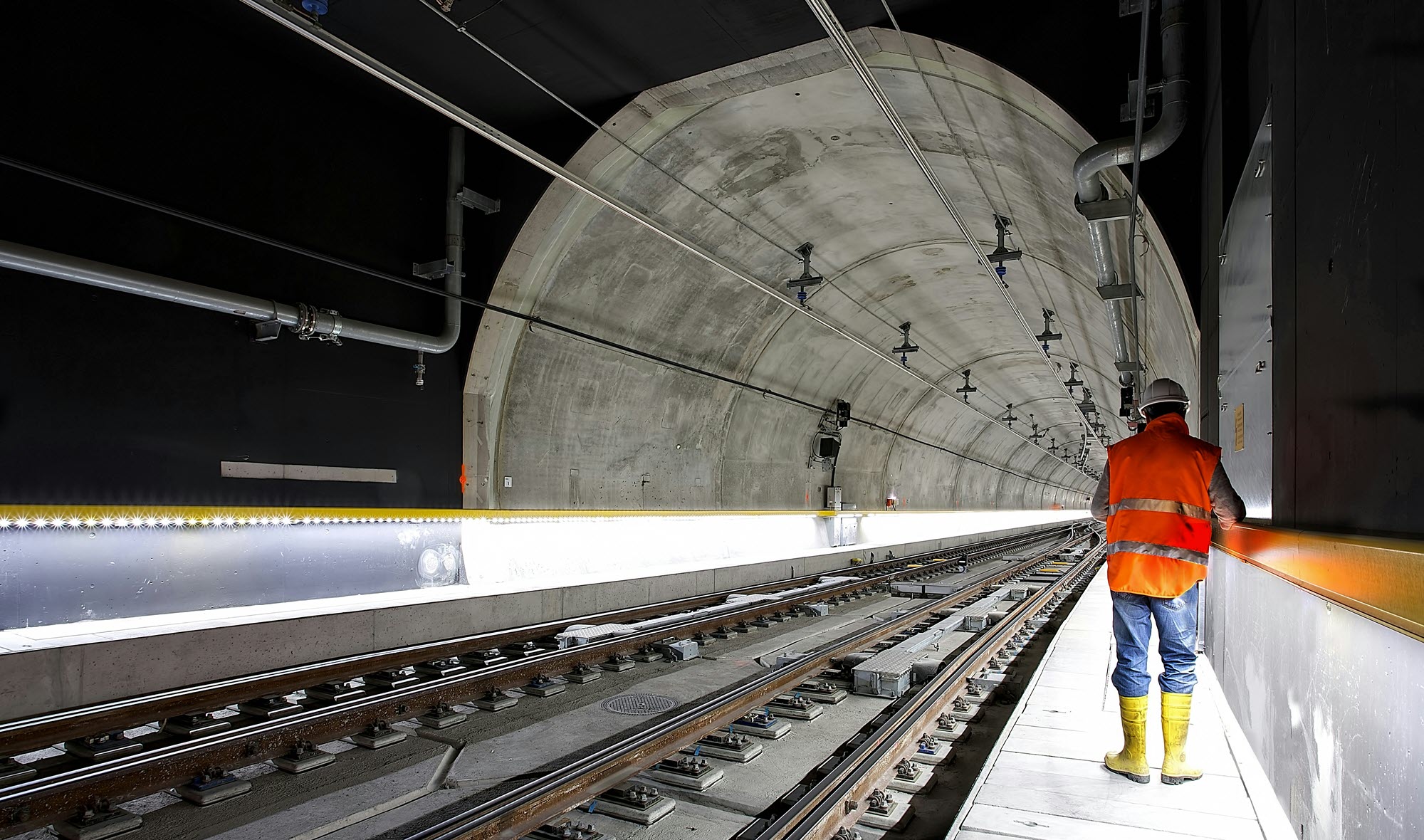
In a broad industry like civil engineering, “it’s impossible for a professional to be a master of everything,” Anna Lisonbee said in a recent ASCE Collaborate discussion.
Like many civil engineers, Lisonbee, EIT, ENV SP, M.ASCE, a professional engineering intern at Hansen, Allen & Luce and president of the ASCE Utah Section, has noticed a push to specialize.
“We see this trend in our day-to-day projects as well as our required technical base, following the switch to discipline-specific P.E. civil exams last year,” she told Civil Engineering Source.
Although there are benefits to becoming an expert in a specific area, having interdisciplinary knowledge can help civil engineers look at designs from a wider perspective.
Lisonbee asked ASCE members for their advice on balancing breadth and depth, and several civil engineers responded to her Collaborate post. Find out below what civil engineers suggest for those looking to expand their skill set.
Abubakr Gameil, R.Eng, M.ASCE
Chairman and director general at Almanassa Engineering International Co. Ltd; Khartoum, Sudan
“Civil engineering thrives when expertise transcends silos. A site designer fluent in water-resource principles or a geotechnical engineer versed in carbon accounting can anticipate trade-offs earlier, streamline workflows, and deliver more resilient, climate-conscious outcomes.
“To balance depth with breadth, I recommend scenario-driven modeling. Apply your specialty across structural, geotechnical, and environmental domains, quantifying CO₂-e impacts, mechanical strain, and interdisciplinary dependencies. In one infrastructure scenario, this approach reduced projected CO₂-e emissions by 60%. This was achieved solely through sustainability-aware scheduling that optimized vehicle stress factors, no budget overruns, no contract amendments, just strategic timing and systems thinking.
“Second is institutional cross-pollination. Encourage short-term rotations, peer-led design workshops, and carbon-footprint hackathons. These build shared technical language, foster adaptive problem-solving, and strengthen systems thinking across disciplines.
“These aren't distractions from efficiency, they're strategic investments in risk mitigation, innovation, and alignment with global performance standards.
“This approach reflects not only technical rigor but a humanitarian commitment to climate-resilient infrastructure.”
Greg Thein, P.E., M.ASCE
Senior engineer at AECOM; Cleveland
“I would suggest picking one 'business line' or type of work and limiting your 'in-depth' specialization to material and design codes related to that line of work. For instance, if you design commercial buildings for a living, stay in-depth with the AISC steel, ACI concrete, TMS Masonry, and AWC wood codes as well as the IBC and state design codes …
“It's good to also have a little bit of 'shallow depth' exposure to related topics and codes, such as AREMA for railway design if you do buildings or sitework around railroads, for example. If you do site or structural work for power companies, it's helpful to have shallow-depth knowledge of the NEC and of ASCE specialty design guides and codes. If you do work in manufacturing, it's good to have shallow depth knowledge of different types of equipment and machines and how they affect your designs.
"The biggest challenge – especially if you're a naturally curious person – is accepting that you can't know everything about everything. Smart companies don't try to be everything to everyone (or else they have specialized groups for different types of work). You can't and shouldn't expect yourself to be an expert at everything either."
Joseph Rozmiarek, P.E., M.ASCE
President and chief engineer at Kilo Engineering; Marine on Saint Croix, Minnesota
“Use ASCE and other professional groups to gain PDHs outside your specialty. Learn from all viable sources. Go to a webinar about transportation. Watch a documentary on anaerobic digestion. There is a wide variety of ‘free’ information, should you choose to pursue it.
“Network with professionals in other disciplines. Network with land developers, architects, and contractors. Ask them what their challenges are when getting professional services. They'll tell you. Go find retired engineers and offer to buy them breakfast for an hour of their time conversing about engineering. As a geotechnical engineer, I get asked about grading and erosion control, which end up being issues for contractors. So, through the next point, I learn and I try to have some solution – even if not at design-level – for the folks in my network …
“With employers, ask. Show initiative. The initiative and willingness to learn is the key to getting the investment from the company for your future growth …
“Accept that omnipotence is unachievable. Having a ‘working knowledge’ outside your specialty is something that will always be useful. Don't be upset that you don't have all the knowledge that a specialist does.”



